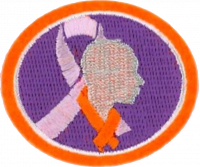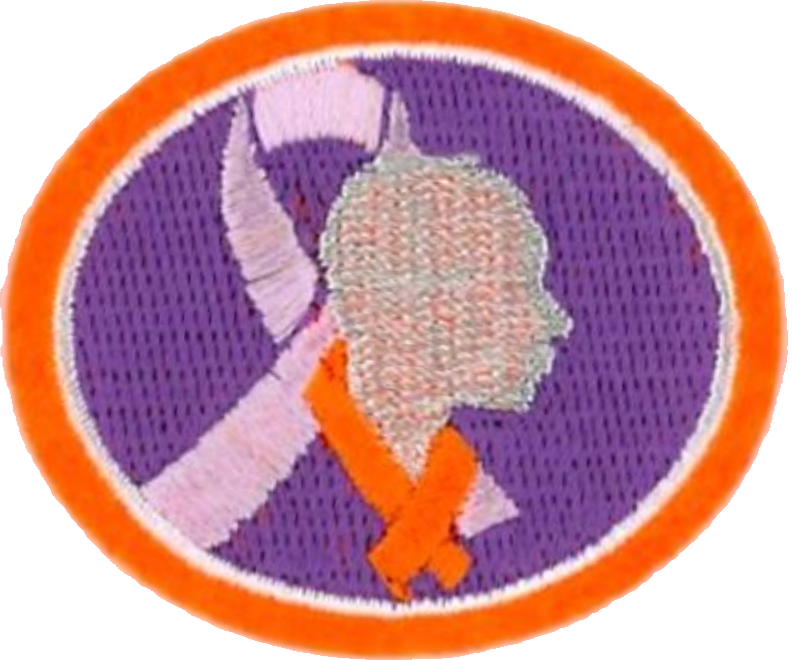AY Honor Cancer Awareness Requirements
Skill Level
Unknown
Year
Unknown
Version
15.02.2026
Approval authority
Southern New England Conference
1. What is cellular division?
2. How do cancer cells divide?
3. Explain the difference between cancer, tumor cells, carcinoma, and sarcoma.
4. Name the branch of science that studies cancer.
5. How is cancer diagnosed?
6. Draw a diagram of the most common cancers in children, men, and women. You can draw a bar graph, a Venn diagram, a pie chart or whatever form you choose to compare your findings.
7. List and describe at least two ways cancer is treated.
8. List three ways the environment can affect or trigger cancer in a person.
9. List three things you can do to decrease your chance of getting cancer.
10. A diagnosis of cancer does not automatically mean death due to a better understanding of the disease and improved treatments. Use your creativity to illustrate one of the following Bible Passages. Memorize one other passage.
- a. Isaiah 41:10
- b. Proverbs 4:20-22
- c. James 5:16
- d. Psalm 46:1 & 2
- e. Isaiah 40:29-31
- f. Psalm 27:14
11. Show your support for someone with cancer by doing the following:
- a. Put together a care basket for someone with cancer or to drop off at a cancer treatment center or hospital.
- b. Raise cancer awareness at your church, school or community by:
- i. participating from a walkathon
- ii. posting flyers around the community
- iii. developing an AY program or devotional
- iv. any other creative form of awareness
- c. Offer to help with a chore or task for the person or family. For example: bring lunch every day (check for dietary restrictions), help with a specific house chore, collecting the mail, walking their pet(s), etc.
- d. Become an effective point person.



